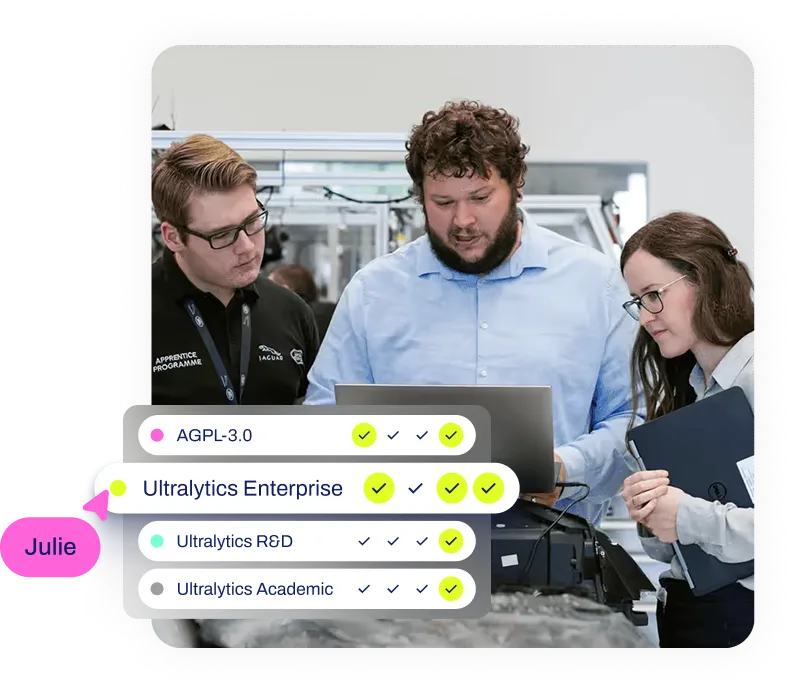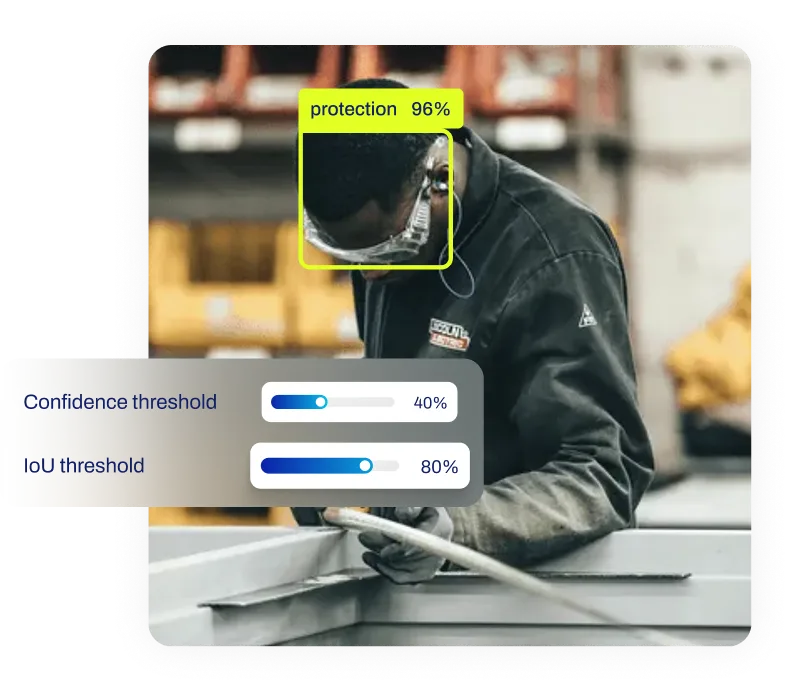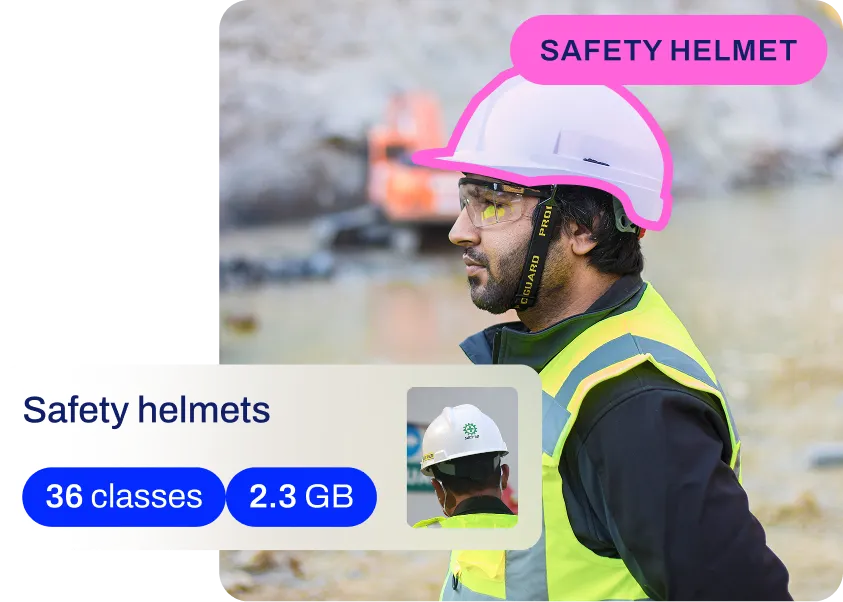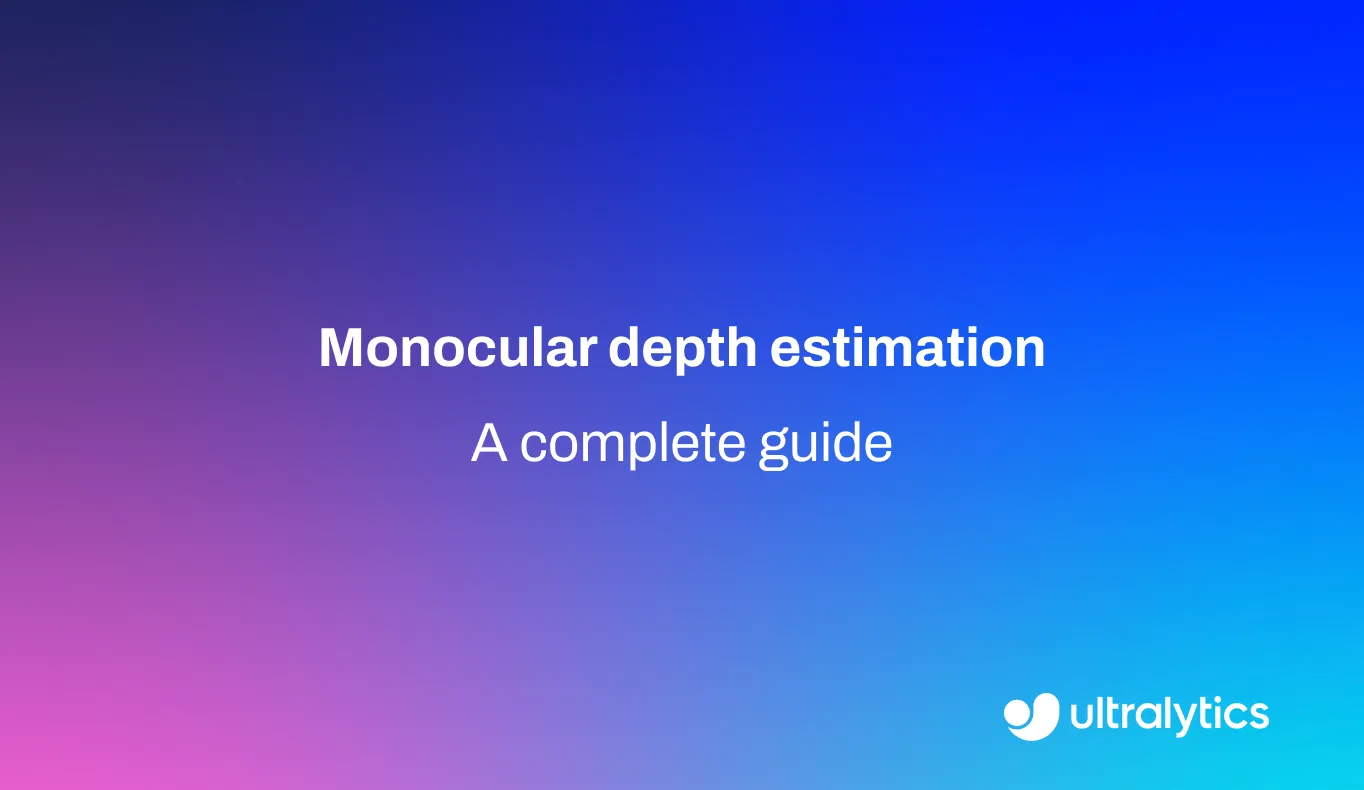TensorFlow
Entdecken Sie die Kernkonzepte, die Architektur und das Ökosystem TensorFlow. Erfahren Sie, wie Sie Ultralytics für die nahtlose Bereitstellung in TFLite, JS und anderen Umgebungen exportieren können.
TensorFlow eine umfassende Open-Source-Softwarebibliothek für
maschinelles Lernen (ML) und
künstliche Intelligenz (KI), die ursprünglich
vom Google -Team entwickelt wurde. Sie dient als grundlegende Plattform, auf der Entwickler komplexe Deep-Learning-Modelle erstellen, trainieren und
einsetzen können. Während sie häufig für die Erstellung groß angelegter neuronaler Netzwerke verwendet wird, ermöglicht ihre
flexible Architektur den Einsatz auf einer Vielzahl von Plattformen, von leistungsstarken Cloud-Servern und
Grafikprozessoren (GPUs) bis hin zu
mobilen Geräten und Edge-Computing-Systemen. Diese Vielseitigkeit macht sie zu einem wichtigen Werkzeug für Branchen wie
das Gesundheitswesen, den Finanzsektor und die Automobiltechnik.
Kernkonzepte und Architektur
Der Name des Frameworks leitet sich von „Tensoren“ ab, bei denen es sich um mehrdimensionale Datenfelder handelt, die durch
einen Berechnungsgraphen fließen. Dieser graphbasierte Ansatz ermöglicht es TensorFlow komplexe mathematische Operationen
effizient TensorFlow verwalten.
-
Berechnungsgraphen: TensorFlow verwendet TensorFlow einen Datenflussgraphen, um Berechnungen darzustellen.
Knoten im Graphen stehen für mathematische Operationen, während die Kanten die multidimensionalen Datenarrays
(Tensoren) darstellen, die zwischen ihnen kommuniziert werden. Diese Struktur eignet sich hervorragend für das
verteilte Training über mehrere
Prozessoren hinweg.
-
Keras-Integration: Moderne Versionen des Frameworks sind eng mit
Keras integriert, einer hochentwickelten API, die für Menschen und nicht für
Maschinen entwickelt wurde. Keras vereinfacht den Prozess der Erstellung von
neuronalen Netzen (NN), indem es einen Großteil der
niedrigschichtigen Komplexität abstrahiert und es Neulingen erleichtert, Prototypen von Modellen zu erstellen.
-
Eager Execution: Im Gegensatz zu früheren Versionen, die stark auf statischen Graphen basierten, verwenden neuere
Iterationen standardmäßig Eager Execution. Dadurch können Operationen sofort ausgewertet werden, was das
Debugging vereinfacht und das Codieren intuitiver macht, ähnlich wie bei Standard-Python
Python .
Anwendungsfälle in der Praxis
TensorFlow eine wichtige Rolle bei der Entwicklung vieler Technologien, die sich auf das tägliche Leben und industrielle Abläufe auswirken.
-
Bildklassifizierung und Objekterkennung: Es wird häufig zum Trainieren von
Convolutional Neural Networks (CNNs)
verwendet, um Objekte in Bildern zu identifizieren. In der
medizinischen Bildanalyse können beispielsweise Modelle, die auf
diesem Framework basieren, Radiologen dabei unterstützen, Anomalien wie Tumore in Röntgenbildern oder MRT-Scans mit hoher Genauigkeit zu erkennen.
-
Natürliche Sprachverarbeitung (Natural Language Processing, NLP): Viele
große Sprachmodelle (Large Language Models, LLMs) und
Übersetzungsdienste nutzen TensorFlow Verarbeitung und Generierung menschlicher Sprache. Es unterstützt Anwendungen wie Sprachassistenten
und Tools zur Stimmungsanalyse, die
Unternehmen dabei helfen, Kundenfeedback zu verstehen, indem sie Textdaten in großem Umfang interpretieren.
Vergleich mit PyTorch
Obwohl beide Frameworks in der KI-Landschaft eine dominante Rolle spielen, TensorFlow erheblich von
PyTorch. PyTorch in der akademischen Forschung oft wegen
seines dynamischen Berechnungsgraphen bevorzugt, der spontane Änderungen an der Netzwerkstruktur ermöglicht. Im Gegensatz dazu wurde TensorFlow
in der Vergangenheit aufgrund
seines robusten Ökosystems, einschließlich TensorFlow und
TensorFlow für Mobilgeräte, für die
Modellbereitstellung in Produktionsumgebungen bevorzugt. Durch moderne Updates sind sich die beiden Frameworks jedoch in Bezug auf Benutzerfreundlichkeit und
Funktionen näher gekommen.
Integration mit Ultralytics
Ultralytics , wie das hochmoderne YOLO26, werden
mit PyTorch erstellt, bieten PyTorch nahtlose Interoperabilität mit dem TensorFlow . Dies wird durch Exportmodi erreicht
, mit denen Benutzer trainierte YOLO in Formate konvertieren können, die mit dem Framework Google kompatibel sind, wie z. B.
SavedModel, TF.js oder TFLite. Diese Flexibilität stellt sicher, dass Benutzer auf der
Ultralytics trainieren und auf Geräten bereitstellen können, die bestimmte
Formate erfordern.
Das folgende Beispiel zeigt, wie ein YOLO26-Modell in ein mit diesem Ökosystem kompatibles Format exportiert wird:
from ultralytics import YOLO
# Load the YOLO26 model
model = YOLO("yolo26n.pt")
# Export the model to TensorFlow SavedModel format
# This creates a directory containing the model assets
model.export(format="saved_model")
Verwandte Tools und Ökosystem
Das Framework wird durch eine umfangreiche Suite von Tools unterstützt, die für die Verwaltung des gesamten
Lebenszyklus von Machine Learning Operations (MLOps)
entwickelt wurden:
-
TensorBoard: Ein leistungsstarkes Visualisierungstoolkit, mit dem Forscher track wie
Verlustfunktionen und Genauigkeit während des Trainings track können. Es
bietet eine grafische Oberfläche zur Überprüfung von Modellgraphen und zur Fehlerbehebung bei Leistungsproblemen. Sie können die
TensorBoard-Integration mit Ultralytics nutzen Ultralytics
Ihre YOLO zu visualisieren.
-
TensorFlow : Eine leichtgewichtige Lösung, die speziell für
Edge-KI und den Einsatz auf Mobilgeräten entwickelt wurde. Sie optimiert Modelle für eine
effiziente Ausführung auf Geräten mit begrenzter Leistung und begrenztem Speicher, wie Smartphones und Mikrocontrollern.
-
TensorFlow.js: Diese Bibliothek ermöglicht die Ausführung von ML-Modellen direkt im Browser oder auf Node.js. Sie
ermöglicht clientseitige Inferenz, was bedeutet, dass Daten nicht
an einen Server gesendet werden müssen, was die Privatsphäre verbessert und die Latenz reduziert.
-
TFX (TensorFlow ): Eine End-to-End-Plattform für die Bereitstellung von Produktionspipelines. Sie hilft bei der
Automatisierung der Datenvalidierung, des Modelltrainings und des Servings und
gewährleistet skalierbare und zuverlässige KI-Anwendungen.










.webp)